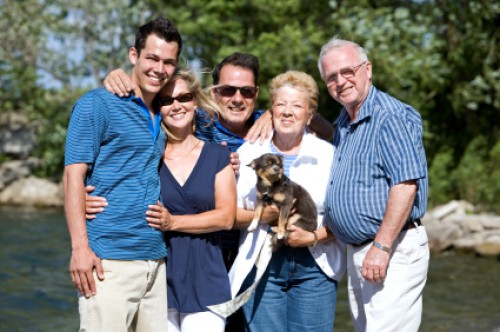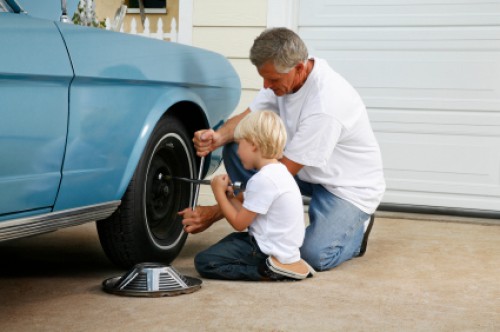The same financial consequences as those covered in auto insurance policies: damage to vehicle or property, theft, vandalism, injury to the insured or other people, personal liability, and/or accidents with uninsured or underinsured drivers.
Recreational vehicle policies cover more than what car insurance covers, primarily because owners keep more personal items, such as outdoor equipment, in large recreational vehicles. Motor homes may have cooking facilities, refrigeration and bathrooms. Motorcycles may be covered for custom parts and equipment. Most states require you carry liability insurance. Other kinds of coverage are optional.
Laws typically require drivers to have sufficient assets to pay claims if they cause an accident. All other states require various coverages. Insureds have wide latitude in how much and what kind of coverage to buy. Old vehicles may not warrant collision or comprehensive coverage. Affluent drivers may want to maximize liability coverage. Lenders may require collision and comprehensive insurance.
Even if you live in the few places that do not require auto insurance, you owe it to others, if not yourself, to have it. In northern states, insurers may offer special motorcyle policies that do not provide coverage during the winter months except for comprehensive.
Policies are generally renewable annually or semi-annually. Insurers charge interest on premiums paid less frequently than annually.











